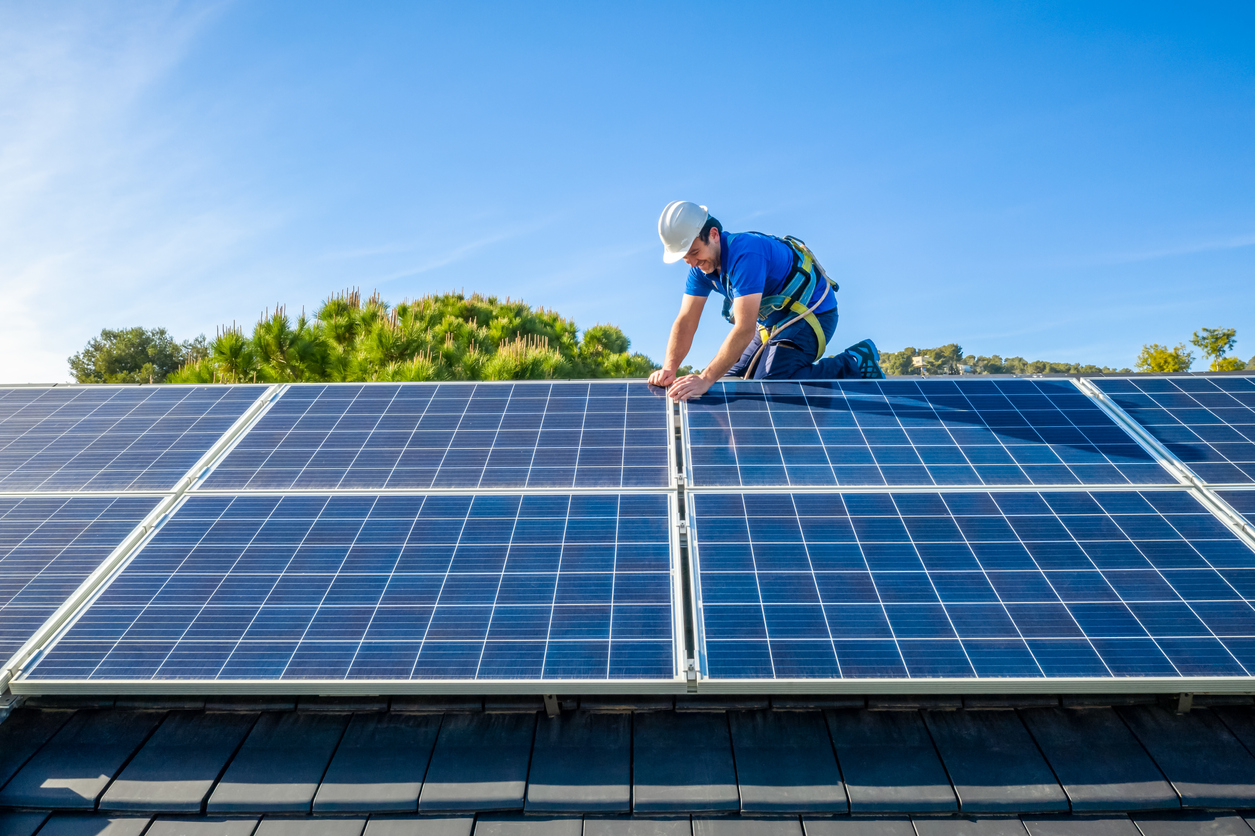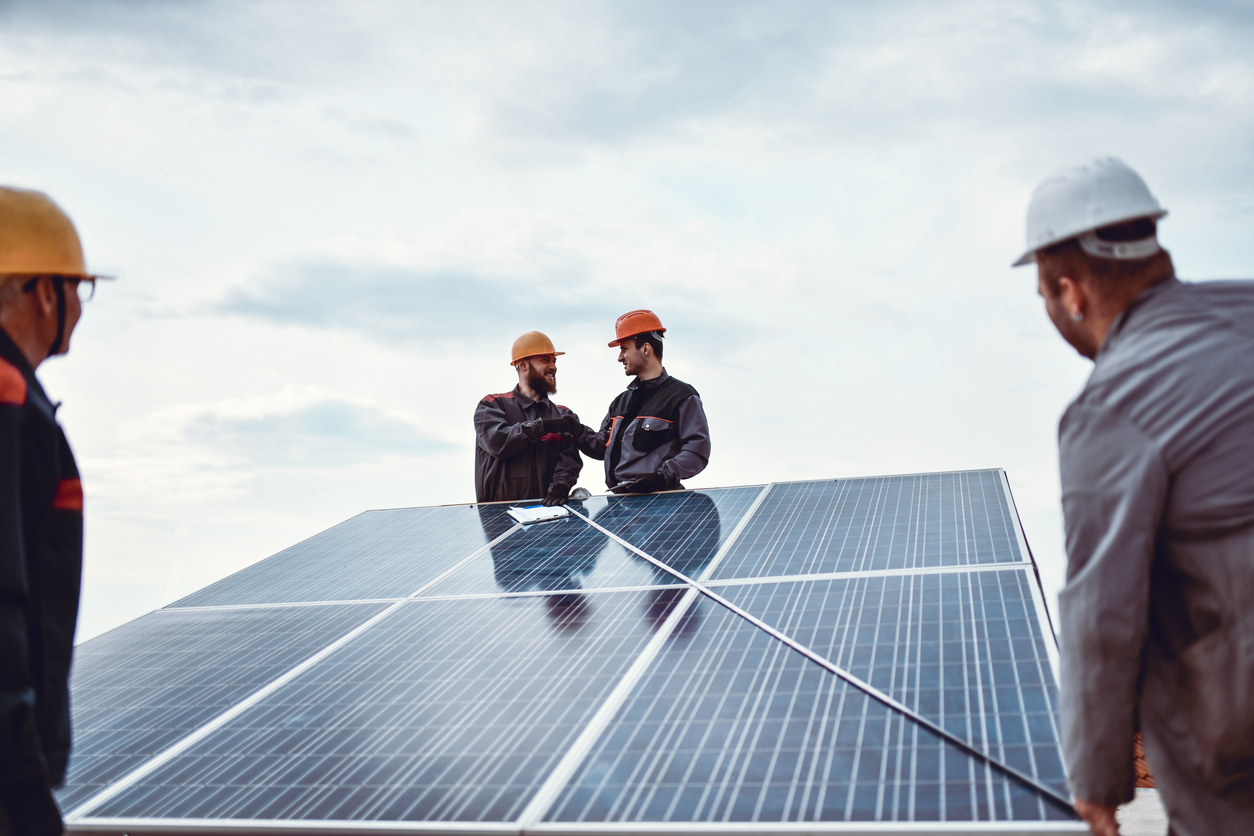
As global warming continues to speed up, solar panels are one of the most popular methods of transitioning to clean energy. They’re simple to use, and solar installers like EVOLVsolar can set them up for your home or business. This easy-to-use information will help you understand the different types of solar panels and what benefits they have to offer.
Understanding Types of Solar Panels
Solar panels are solar-powered devices that have the ability to convert sunlight into energy. They can vary in size, shape, and power output. As you look into which solar panels are best for you, you’ll find that there are different types of solar panels offered by different solar installers, from home-use to commercial-grade systems. Each type has different benefits and drawbacks, so let’s take a look at some details for each type.
Here’s a quick rundown of the major types of solar panels:
Ceramic solar panels are the most popular type, with over 80 percent of all panels being made from this material. They’re lightweight and easy to install. Because they’re lightweight, they don’t need to be anchored to the ground as traditional solar panels do.
Glass solar panels use glass as their substrate. They’re also lightweight but are more difficult to install because glass is heavy and can easily break or shatter if it cracks during installation. Glass panels offer a lower risk of damage than other panelization materials such as steel or plastic composite materials (PCM).
Steel solar panels use steel as their substrate, making them heavier and bulkier than other types of panel options. Steel is also more expensive than some other relevant alternatives for PV systems due to its higher price per watt (PPW) compared to certain other panelization options. There are many different options to choose from. Consult with the solar companies near you to know the best.

Understand the difference of types of solar panels
Everyone has heard of solar panels and how they’re a renewable source of energy. Solar panels are generally made to be installed on roofs or on the ground. They absorb sunlight and convert it into electricity. They can also be used for heating during the winter months when there is not enough sun to power a home’s central heating system.
Which type of solar panel you use will depend on your company’s production and consumption needs. There are two main types of solar panels: roof-mounted and ground-mounted. Roof-mounted panels come in different shapes, sizes, and materials that are easy to install and maintain. Ground-mounted panels sit directly on the ground without any attachments or wires.
What are the benefits of using solar panels?
Solar panels are a great option for businesses that want to help with their energy needs. But you need to consider some other important benefits before calling up a solar installer to invest in solar panels.
Solar panels provide your business with energy during the day, and they do this efficiently. You won’t have to worry about the intermittency of power. This is an especially important consideration if you’re working on a busy manufacturing floor or office building. For example, if your company has 12 people working around the clock, it’s easier to use solar panels when everyone is at work and then switch over at night time.
Furthermore, solar panels produce clean electricity without pollution from other sources like coal or natural gas plants, which helps reduce your carbon footprint.
There are also many incentives available through government agencies and companies that offer tax credits and rebates for businesses that install solar energy systems like solar panels.
Conclusion
With solar power already widely used in various places around the world, it is no wonder that solar panels are receiving further popularity. But before you go out and buy one for your home or business, it’s important to understand the basics of how solar panels work and the various types on the market today.

